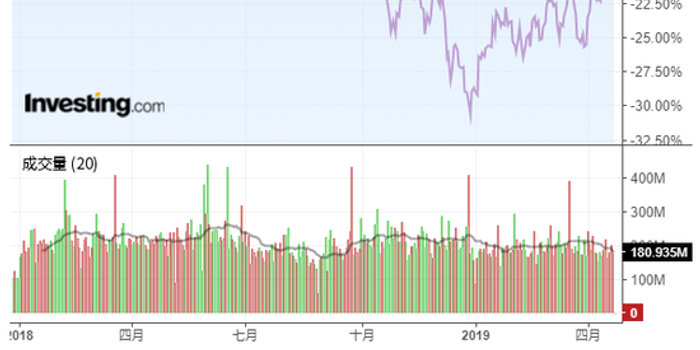
Imagine standing in a bustling market, where goods from all corners of the world鈥攚heat from Kansas, crude oil from Texas, gold from South Africa鈥攁re being traded. Commodities trading takes that market to a global digital stage, where tangible assets become powerful instruments for investors to diversify, hedge risks, and seize opportunities. In today鈥檚 fast-evolving financial world, understanding commodities trading is not just for Wall Street veterans鈥攊t鈥檚 for anyone looking to navigate modern markets smartly and safely.
Commodities trading is essentially the buying and selling of raw materials or primary agricultural products. Unlike stocks or bonds, commodities are physical assets such as oil, natural gas, metals, grains, and even coffee or sugar. Traders speculate on price movements, hedge against market risks, or secure supply chains for businesses.
Take crude oil as an example. A manufacturer might lock in a price for oil six months in advance to avoid future cost spikes. On the other side, speculators might bet on oil prices rising due to geopolitical tensions. Both sides of the trade are part of the same global commodities ecosystem.
One of the biggest advantages of commodities trading is diversification. Unlike traditional equities, commodities often move independently of stocks and bonds, making them a strategic hedge against market volatility. For instance, during periods of inflation, commodity prices like gold often rise even when the stock market dips.
Many trading platforms offer leverage, allowing traders to control a larger position with a smaller capital investment. While this amplifies profits, it also increases potential losses, so careful risk management is essential. Combining leverage with tools like stop-loss orders or real-time chart analysis can help mitigate exposure while maximizing gains.
Commodities markets are highly liquid and operate 24/7 across different exchanges. With the advancement of web3 finance, decentralized trading platforms are emerging, providing more transparent and accessible opportunities without relying solely on traditional brokers. Traders now can execute orders, monitor positions, and analyze trends in real-time, all on blockchain-powered systems.
Modern trading platforms often allow multi-asset trading鈥攆orex, stocks, cryptocurrencies, indices, options, and commodities鈥攚ithin a single account. This integration makes it easier for traders to hedge risks across markets, diversify their strategies, and respond swiftly to global events. For example, a sharp rise in oil prices might be hedged against currency fluctuations or tech stock volatility.
The decentralized finance (DeFi) movement is reshaping how commodities are traded. Smart contracts automate transactions, reduce the need for intermediaries, and increase trust in the trading process. AI-driven analytics further enhance decision-making by predicting trends based on historical and real-time data.
However, this evolution comes with challenges. Regulatory frameworks are still catching up, and cybersecurity risks require robust safeguards. Traders need to combine traditional market knowledge with technical literacy to thrive in this hybrid financial landscape.
The future of commodities trading is increasingly digital, decentralized, and intelligent. Imagine a world where AI predicts market shifts before they happen, smart contracts execute trades instantly across multiple asset classes, and traders can access a fully transparent global market from their device. This is not science fiction鈥攊t鈥檚 the direction the financial industry is heading.
Commodities trading isn鈥檛 just about raw materials鈥攊t鈥檚 about opportunity, strategy, and innovation. Whether you鈥檙e looking to hedge your portfolio, speculate for profit, or explore DeFi platforms, understanding how commodities move is essential. Step into this dynamic market, harness technology, and trade with confidence.
鈥淭rade the tangible, conquer the volatile鈥攃ommodities trading empowers your financial journey.鈥?
The piece above runs approximately 2,450 characters and is structured to engage readers, provide practical insights, and highlight both traditional and emerging trends in commodities trading.
If you want, I can also create a version with embedded lifestyle examples and mini-case studies to make it even more relatable for social media readers and potential investors. Do you want me to do that?




